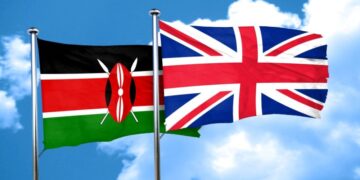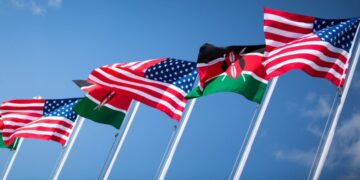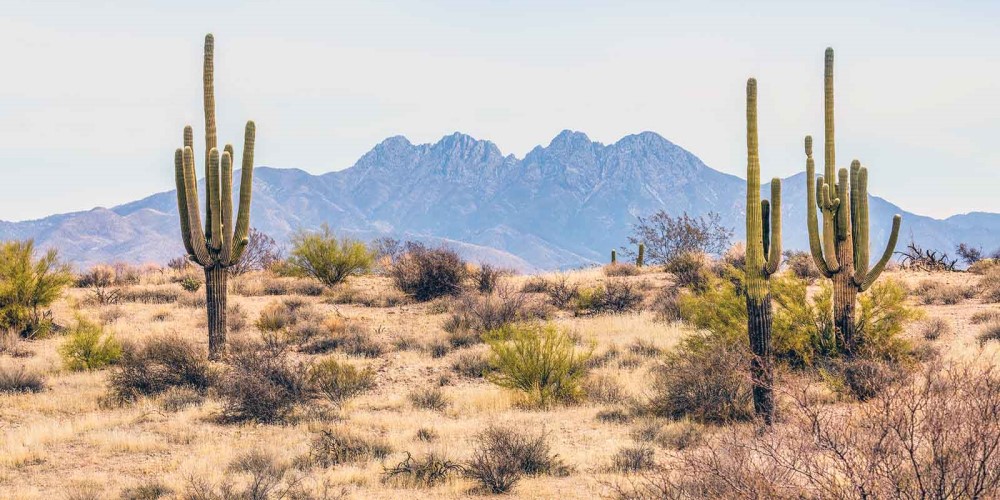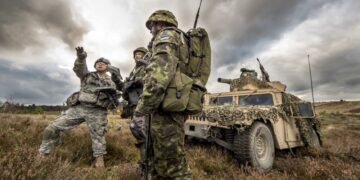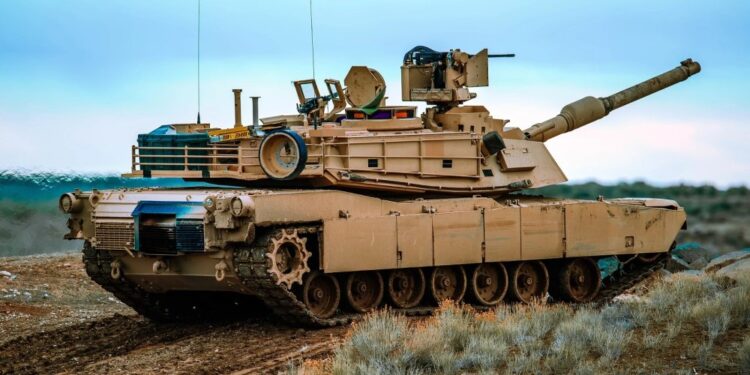Throughout history, nations have been shaped by their ability to defend themselves from foreign invasions. Geopolitics, military strategies, geography, and a nation’s resilience all play key roles in making some countries nearly impossible to invade. Whether it is natural barriers, strategic alliances, advanced military technologies, or deeply ingrained patriotic sentiments, certain countries have proven time and again that invading them is a near-impossible task.
1. Switzerland
Known for its neutrality, Switzerland is a landlocked country in the heart of Europe, surrounded by the Alps. Its combination of rugged terrain, a well-trained militia, and a strategic defense policy makes it nearly impossible to invade. The Swiss commitment to neutrality, along with its geopolitical significance, adds further layers of defense.
Geography and natural defenses
Switzerland is a landlocked country located in the heart of Europe, renowned for its picturesque landscapes dominated by the Alps. The rugged, mountainous terrain makes military advances extremely difficult. Any invading army would have to contend with narrow passes, steep cliffs, and harsh weather conditions. Historically, these natural defenses have deterred even the most aggressive of invaders.
Military and defense strategy
Switzerland is also famous for its policy of armed neutrality. While it maintains a non-aggressive stance, it has one of the most well-trained and well-equipped militaries in Europe. Swiss citizens are required to undergo military training, and the country’s reserve forces are substantial. The Swiss military employs a strategy called the “Swiss National Redoubt,” wherein key transportation routes, bridges, and tunnels are rigged with explosives, making them impassable in the event of an invasion.
Political neutrality
Switzerland’s neutrality is enshrined in international law, and the country has not been involved in any direct military conflicts for centuries. Its strong diplomatic ties, banking influence, and global reputation for neutrality make it highly unlikely that any nation would see an invasion of Switzerland as politically or diplomatically viable.
2. Russia
The largest country in the world, Russia spans two continents and a wide range of climates, from frozen tundras to vast plains. Its enormous size, coupled with the harsh winter conditions, has historically thwarted invaders. With a powerful military and nuclear capabilities, Russia remains a formidable challenge for any would-be aggressor.
Size and geographic complexity
Russia, the largest country in the world, stretches across Europe and Asia, covering a vast area with an incredibly diverse range of landscapes, from frozen tundra to dense forests and endless plains. Any invading force would have to contend with this immense geography, which presents a logistical nightmare. The distance alone between Russia’s western border and its eastern cities like Vladivostok spans thousands of kilometers, making it difficult to maintain supply lines and troop movements.
Harsh climate
The Russian winter is notorious, having played a decisive role in thwarting invasions throughout history. Napoleon Bonaparte’s Grande Armée famously fell victim to Russia’s freezing winter in 1812, and Hitler’s forces faced similar devastation during World War II. The harsh, sub-zero temperatures, combined with snow and ice, can quickly immobilize an unprepared army.
Military capability
Russia’s military is one of the most powerful in the world, boasting an enormous number of personnel, cutting-edge technologies, and one of the largest arsenals of nuclear weapons on the planet. The country’s well-established defense industries and continuous modernization of its armed forces make it highly resistant to external aggression.
3. United States
The United States benefits from geographic isolation, with the Atlantic and Pacific Oceans on either side acting as natural barriers. It also has the world’s most advanced military, a robust defense infrastructure, and strong alliances, making it one of the hardest countries to invade.
Geographical isolation
The United States benefits from vast oceans on both its east and west coasts – the Atlantic and Pacific – making direct invasion a formidable task. The sheer logistical challenge of transporting a significant military force across either ocean is a huge deterrent. To the north, the U.S. shares a peaceful border with Canada, and to the south, Mexico poses no military threat.
Technological and military superiority
The U.S. has the largest and most technologically advanced military in the world, with a formidable nuclear arsenal, a vast network of overseas military bases, and the world’s most powerful navy. The U.S. military has global reach, with the ability to project force anywhere in the world, and an attack on U.S. soil would invite a response of massive proportions.
Geopolitical influence and alliances
The U.S. is a founding member of NATO, which includes many of the world’s strongest military powers. An attack on the U.S. would trigger Article 5 of the NATO treaty, compelling all member nations to respond in defense. This collective defense system makes any attempt to invade the U.S. nearly impossible.
4. New Zealand
Located in the remote South Pacific, New Zealand is far from any potential invaders. Its geographic isolation, combined with rugged terrain and strong defense alliances, provides the country with significant protection from foreign aggression.
Geographic isolation
New Zealand is located in the southwestern Pacific Ocean, more than 2,000 kilometers southeast of Australia. Its remote location makes it very difficult for any foreign power to mount an invasion. The vast expanse of ocean surrounding the country acts as a natural barrier to hostile forces.
Natural terrain
New Zealand’s rugged mountains, deep fjords, and dense forests make its interior difficult to navigate and defend, providing natural obstacles that any invading force would have to overcome. The country’s terrain lends itself well to guerrilla warfare, should the need arise.
Defensive alliances
New Zealand is a member of several key defense pacts, most notably the ANZUS Treaty (with Australia and the United States), ensuring that any military threat would be met with strong international support. Additionally, its good diplomatic relations and relatively peaceful international posture make it unlikely that New Zealand would ever be targeted for invasion.
5. Japan
As an island nation, Japan’s geographic position makes it difficult to invade by land. With a highly advanced military defense system, including its naval capabilities and missile defense, Japan remains a difficult target for any potential invader, backed by strong ties with the United States.
Geographical advantages
As an island nation, Japan benefits from the protection of the sea. Any invader would have to mount a massive naval operation to transport troops and supplies across vast stretches of ocean, which is not only logistically challenging but also leaves the invading force vulnerable to Japan’s naval and air defense systems.
Advanced military capabilities
Japan has a highly sophisticated Self-Defense Force, equipped with advanced technology and one of the world’s most modern navies. Though Japan maintains a pacifist constitution that limits its military engagements, its defense capabilities are formidable. The country has invested heavily in missile defense systems and anti-ship capabilities, making any attempted invasion extremely costly.
Strong alliances
Japan is a close ally of the United States, which has a significant military presence in the region. The U.S. bases in Japan, coupled with the U.S. commitment to Japan’s defense under the Treaty of Mutual Cooperation and Security, make any potential invasion an invitation for retaliation from one of the world’s strongest military powers.
6. Australia
Australia’s vast, sparsely populated landmass and its isolation from major world powers by oceanic distances make it a difficult country to invade. Its strong defense ties with the United States and its robust military further contribute to its invulnerability.
Vast, isolated geography
Australia is surrounded by vast oceans, which provide a natural defense against invasion. Any attempt to invade the continent would require a massive naval and air force capable of crossing significant distances, all while facing potential disruption from Australian and allied forces. Australia’s vast size and its sparsely populated interior also make it difficult to hold and control.
Strong defense and military alliances
Australia has a well-equipped military force, with a strong emphasis on naval and air defense. The country is also a close ally of the United States and is part of the ANZUS Treaty. Any military threat to Australia would likely trigger the intervention of the U.S. and other allies, deterring potential aggressors.
Challenging terrain
While much of Australia is arid and sparsely populated, the country’s natural environment, including deserts, mountains, and forests, would complicate any invasion attempt. The country’s urban centers, located primarily along the coast, are heavily fortified and would pose significant resistance to any invasion force.
7. Canada
Canada’s immense size, freezing northern climate, and peaceful relationship with the United States make it unlikely to face invasion. Its participation in global defense alliances like NATO, and strategic cooperation with the U.S., adds a significant layer of security.
Geography and climate
Canada is the second-largest country in the world, and its vast, diverse landscape makes it extremely difficult to invade. The country’s northern regions are characterized by frozen tundra and Arctic conditions, which are nearly impassable for any military force. The mountainous terrain in the west and dense forests in the east also serve as natural barriers.
Friendly borders and strong alliances
Canada’s southern border with the United States is the longest unguarded border in the world, and the two nations enjoy one of the most peaceful relationships globally. The likelihood of an invasion from its northern or maritime approaches is also minimal due to the remoteness and harsh conditions. Canada is a member of NATO, and any invasion would activate the collective defense obligations of the alliance.
Military and defense capabilities
Though Canada’s military is not as large as that of other global powers, it is highly professional and well-equipped. Canada also has strong defense ties with the United States through NORAD (North American Aerospace Defense Command), which ensures that any threat to Canadian airspace would be met with a coordinated response from both nations.
8. Israel
Despite its small size and location in a volatile region, Israel’s advanced military capabilities and resilient society make it an extremely difficult country to invade. Israel’s technological edge, strong U.S. alliance, and the Iron Dome defense system give it significant protective advantages.
Strategic military and technological superiority
Despite its small size and location in a volatile region, Israel has developed one of the most advanced military capabilities in the world. The Israel Defense Forces (IDF) are highly trained and equipped with cutting-edge technologies, including missile defense systems like the Iron Dome, which intercepts incoming rocket attacks. Israel is also believed to possess a significant arsenal of nuclear weapons, providing a powerful deterrent against large-scale invasions.
Geopolitical support
Israel enjoys strong diplomatic and military support from key allies, particularly the United States. This support ensures that any large-scale aggression against Israel would likely provoke a swift international response, making it difficult for any invader to achieve long-term success.
Historical resilience
Israel has faced numerous conflicts and invasions since its establishment in 1948 and has consistently emerged victorious despite overwhelming odds. The country’s population is deeply committed to its defense, and its society is prepared for rapid mobilization in times of crisis. This national resilience is a key factor in Israel’s invulnerability to invasion.
9. Iceland
Iceland’s remote location in the North Atlantic makes it one of the most isolated countries in the world. Its membership in NATO ensures strong protection, and its harsh volcanic and glacial terrain poses a major challenge to any potential invader.
Geographical isolation
Iceland is one of the most isolated countries in the world, located in the North Atlantic Ocean, far from any major landmass. Its remote location makes it extremely difficult to invade. The harsh weather conditions, including frequent storms and freezing temperatures, further complicate any military operations in the region.
Lack of strategic value
Iceland has a small population and no significant military force, but its strategic value as a location for naval and air bases during global conflicts is well recognized. Despite this, Iceland’s NATO membership ensures that any invasion attempt would be met with a coordinated response from the alliance.
Natural defenses
Iceland’s volcanic terrain, glaciers, and unpredictable weather conditions provide natural defenses that would make an invasion a highly risky endeavor. The country’s remote, mountainous interior is difficult to navigate, and there are limited entry points for any invading force.
10. Bhutan
Nestled in the Eastern Himalayas, Bhutan’s rugged, mountainous terrain creates natural barriers that make it nearly impossible to invade. Its close ties with India provide additional protection, making it one of the most secure countries despite its small size.
Geography and terrain
Bhutan is a small, landlocked country nestled in the Eastern Himalayas between China and India. The rugged mountain terrain, with peaks reaching over 7,000 meters, makes it almost impossible for an invading force to penetrate the country’s borders. The lack of significant infrastructure further complicates any potential invasion effort.
Strong diplomatic ties
Bhutan maintains close diplomatic and defense ties with India, which guarantees Bhutan’s security. Any attempt to invade Bhutan would likely draw a military response from India, making it a highly unattractive target for foreign aggressors.
Cultural and political stability
Bhutan’s deeply entrenched Buddhist culture and political stability contribute to its defense. The country has successfully managed to maintain its sovereignty and independence despite being situated in a geopolitically sensitive region.
Conclusion
While no country is entirely immune to invasion, the countries mentioned in this article possess unique combinations of geography, military strength, alliances, and natural defenses that make them some of the hardest to invade. Each of these nations has leveraged its strategic advantages to protect its sovereignty, and any potential invader would face enormous challenges in attempting to conquer them. Whether through geographic isolation, impenetrable natural barriers, military might, or powerful alliances, these nations have secured their place as some of the most secure and invulnerable on the global stage.











































































